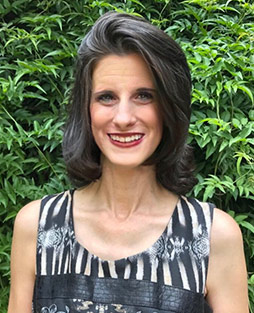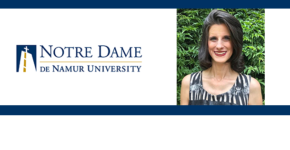 An unexpected group can also experience the symptoms of PTSD.
An unexpected group can also experience the symptoms of PTSD.
Helen Marlo, professor of clinical psychology at Notre Dame de Namur University, explains.
Dr. Marlo’s professional work synthesizes research, clinical practice, and community engagement, particularly in reproductive mental health and trauma. Recipient of two teaching awards, she is devoted to training future clinical psychology professionals. A licensed clinical psychologist and certified psychoanalyst, Dr. Marlo has conducted research and clinical work at many institutions, including Stanford University School of Medicine, and currently maintains a private practice in San Mateo, California. She serves as reviews editor for the Jung Journal: Culture & Psyche.
New Mothers and PTSD
Who do you think of when you talk about post-traumatic stress disorder?
Chances are it is a veteran or victim of abuse, rape, violence, or assault. But do you ever think about a new mother, nursing or cradling an infant in her arms? Probably not, but you should.
In fact, research shows that the rates of post-traumatic stress and related symptoms in postpartum women rival the rates of PTSD in veterans and in those who have suffered violence and abuse.
By working with perinatal women, we’ve found that motherhood often plummets them into an unknown, ambiguous, and contradictory world that includes experiencing dramatic emotional gains and losses; and feeling both influential and insignificant, powerful and powerless.
Our work shows that society negatively judges new mothers when they comment on the challenges and worries that can be associated with being a mother. When seen as weak, deficient, and unstable, new mothers are unable to share their actual feelings.
New mothers also frequently discover that their infant can bring out unwanted parts of their personality. Personality characteristics can predispose a woman to perinatal struggles.
They must also confront conflicting advice from professionals, books, friends, and family – advice that often does not match their actual stories and complicates their perinatal issues.
More must be done to support new mothers. They must learn to process their lived experience and develop a sense of what is best for them and their babies. In a supportive context, the changes associated with motherhood can lead to a positive period of reorganization, personal development, and transformation.
